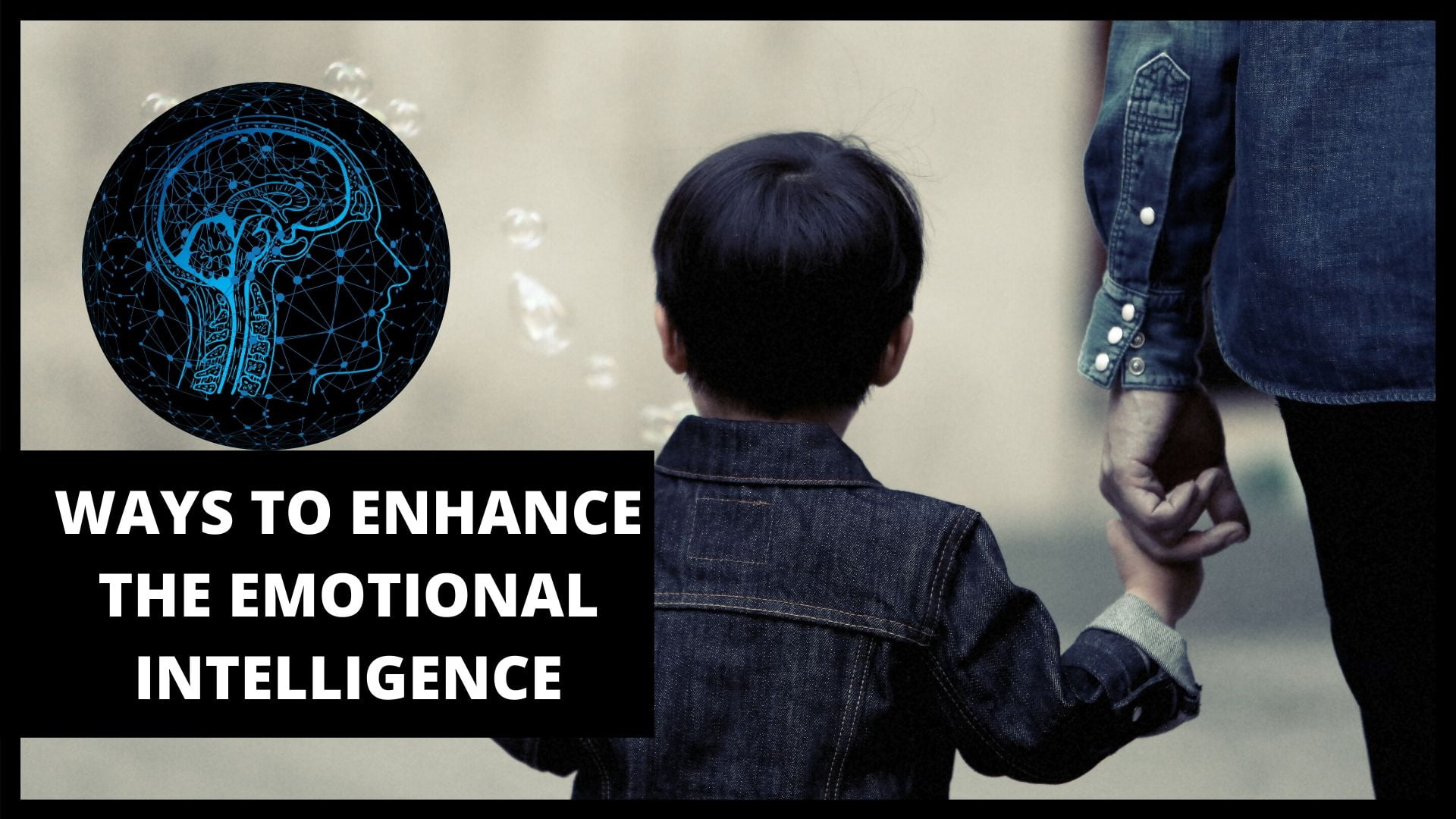Along with the general IQ, the industry today also seek for a high emotional intelligence in their employees. Cognitive skills are significant in establishing good leadership qualities in a person. Today, the most successful personalities of the world are famous for their persona and emotional stability. So what exactly is the meaning of emotional intelligence?
Emotional intelligence refers to the capabilities of a person to handle their emotions productively and also to manage other’s people emotions for the betterment of all. Psychological studies have proved time and again that by controlling the emotions and sentiments, one can achieve greater success in life. Hence, it is conspicuous that emotional intelligence should be developed efficiently to ensure a proficient experience.
Here are a few critical tips through which a person can enhance their emotional intelligence:-
1) PRIORITISE AND CONTEMPLATE YOUR FEELINGS
Emotional Intelligence stresses towards self-awareness and the most effective way of being self-aware are, prioritising and giving importance to your feelings. Such a trait helps you in recognising your emotional needs and incline towards a more healthy and stable mentaly stature. One can build self-awareness by learning about their emotional strengths and weaknesses. People can also analyse their moods and reactions towards certain situations under the influence of the present state of mind.
2) HAVE PATIENCE
The greatest virtue of an emotionally stable mind is patience. Acting calmly in certain situations can generate extraordinary fruits in the long run. Before succumbing to any kind of atrocious behaviour, one should take and moment and pause. Think about the results of your actions and contemplate the consequences after that. Taking a simple hiatus can help you in preventing in making some rash decisions that can save you from permanent damage in specific scenarios.
3) POSITIVE REACTION TO FEEDBACK
A critical characteristic of an emotionally strong personality is that such people convert criticism and feedback positively into their favour. Instead of feeling offended or insulted, one should analyse the possibilities of improvements through negative feedback.
4) EMPATHETIC NATURE
An individual can only satisfy other’s person needs efficiently by showing empathy. Try to look at things from different people’s perspective and understand their reasonings. Compassion does not necessarily mean that you have to agree with people’s every opinion. It implies that you analyse a person’s thought process and contemplate their reactions and logistics on various issues. This way, you will be able to provide them with better advice and support.
5) ACCEPTING PERSONAL SHORT-COMINGS
Nobody is born flawless and impeccable in this world. Everyone possesses a set of shortcomings and inabilities. Recognise your mistakes and profusely apologise for them. Always thrive towards betterment and if someone corrects you, take the advice as positive and constructive feedback. By developing an optimistic mindset with a positive outlook, a person experiences more peace within oneself. Indulging in an apology should not be considered in the negative light or as something that hurts your alter ego.
6) KEEP UP WITH YOUR PROMISES AND COMMITMENTS
People will generate more trust and extend their support to you if you are punctual with your commitments to others. If you are promised to deliver something to any person, make sure that you give your absolute best in achieving that goal. If by any chance you fail in providing a particular promise, give correct reasonings and assurance of rectifying the mistakes done. Commitment and the satisfaction of achieving a target provides a person with immense happiness and motivation.
7) YOU ARE AUTHENTIC BUT NOT GULLIBLE
Emotions are confused with gullibility by many people. Having emotional stability does not mean a person is timid or vulnerable. Such people are just genuine who weighs their emotional needs on the higher side of the scale. Because of this, a person is generally more reliable and more stable in making decisions.
CONCLUSION
Emotional intelligence should be taught to a person from a young age and schools should make this an essential part of their curriculum. A good foundation for anything can only be developed in schools. Teachers should teach all the essential values such as honesty, empathy, kindness, compassion, gratitude and respect to the students to help them build a strong and emotionally stable mind.
Boarding schools also provide an incredible atmosphere for the creation of proficient emotional skills in students. Here, students get a very social environment where one can share their ideas, feelings and thoughts with people from the various walks of life. Students also learn about the struggle and problems of people from different communities. In the absence of the parents and family, children of a boarding school thrive under each other’s embrace. They learn the value of friendships and also learn how to recognise and handle opportunistic people.
Finally, Emotional Intelligence is an essential aspect of a proficient and intellectual human personality which should not be ignored and moulded in the best way possible.









